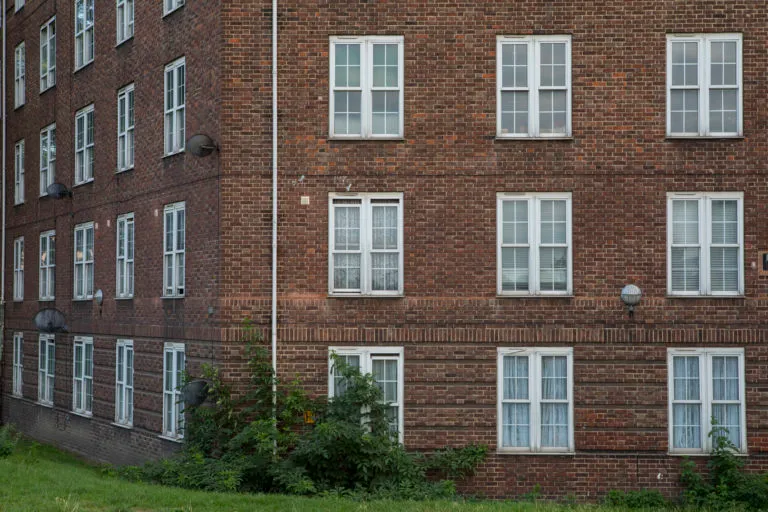Transforming Rehabilitation: Impact and Lessons Learned
Published: by Donna Lawson

At Shelter, we have been working with the justice sector for over 15 years. Housing support to people transitioning out of the criminal justice sector is essential, both to their successful rehabilitation and to tackling the housing emergency. We provide a range of services, including help to find or maintain accommodation, as well as finance, benefits and debt support.
Over the course of the delivery of the Transforming Rehabilitation contracts from May 2015 to June 2021, we have made a real impact. We helped a total of 51,800 people in custody and in the community with their accommodation, finance, benefit and debt need. We achieved positive outcomes for 89% of the people we supported*. Furthermore, several HMIP/HMPPS inspections commended and recognised our services.
Here are some of the lessons learned:
Building strong relationships
Successful contract delivery relies as much on developing good contract management relationships and partnerships as it does on performance. As the contracts evolved, we benefited from a closer alignment of service delivery with Shelter’s housing expertise, more joined-up working with probation and prisons and more effective use of volunteers to support and add value to service delivery. As a result, we were able to focus more on the outcomes for individuals rather than meeting volume targets.
Influencing commissioners to help shape policy
Having a direct relationship with commissioners is essential to make Shelter’s voice and expertise heard. This is also to ensure we proactively influence policy and defend the rights of people in the Criminal Justice System. The evidence we submitted to the Justice Select Committee in 2018 helped lead to the introduction of Enhanced Through the Gate (ETTG), additional resources from the government, as well as a more joined-up approach to supporting people with their rehabilitation needs.
Effecting systemic change
We encouraged joint working and ensured that adequate systems are in place to support case management, manage our performance and provide data insight. This has been key in gathering evidence and data to help improve systems where needed.
Working with the Probation Service and local authorities, we helped shape local homelessness strategies, upskilling probation staff and partner agencies. We also supported KPMG with the development of the Regional Probation Directorates’ Reducing Re-Offending Plans.
Focus on those most in need
Most importantly, we need to focus our expertise and knowledge of accommodation issues on those who are most in need. Working with community rehabilitation companies (CRCs), we created pathways for individuals whose accommodation needs often needed to be coordinated with other services – e.g. substance misuse and mental health. We also helped to set up multi-agency resettlement boards across prisons, working closely with local Homelessness Prevention Teams.
Involving Peer Mentors and people who use our services
Whilst contract delivery varied between areas depending on the contractor’s delivery model, the contracts couldn’t have been delivered without the support of our Peer Mentors (people with lived experience helping others in a similar situation) in custody and volunteers in the community. Additionally, involving operational staff and people who use our services to co-design and improve services was key to developing impactful services.
Our experience of delivering the Transforming Rehabilitation contracts means we are in a strong position to deliver the new Dynamic Framework contracts commissioned by the Ministry of Justice. We look forward to continuing to share best practice and working collaboratively so that people in need to resettle in the community are able to find a safe home.
Read the full report with our learnings and impact (PDF 1.04MB).
* Based on outcomes data we started to collect from April 2019.